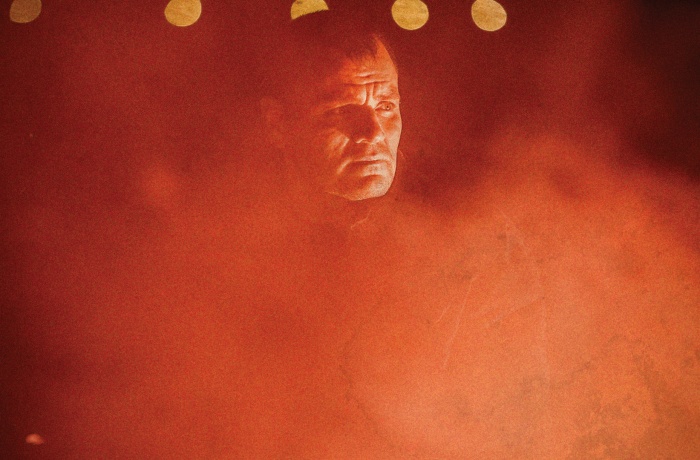
What pushes people to resist? Do their actions become grounds for systemic changes? About importance festival's films in program RE-ACTION for Ukrainians tells moderator of the program at the festival - Hromadske.TV journalist Angelina Kariakina.
"If you had experienced what we did, you would be on our side,” shouts a short woman in a pink sweater into the faces of armed soldiers. This is Michoacán, Mexico. A group of local ‘self-defenders’ decided to oppose the drug cartels on their own. The military, who came to disarm them, have to retreat. This is Cartel Land by Matthew Heineman, an incredible story of resistance against the drug mafia. Having survived the winter of 2014, it seems that we have nothing left to learn about protests, activism, and volunteer movements. In fact, there actually is a lot to learn. First of all, the stories behind every (re)action. They are often very personal, which means they are also very political.
This year’s RE-ACTION program offers three films which bring us as close as possible to protagonists who dare – each of them in their own way – to oppose a certain system. Why them, out of thousands of people? What pushes them to resist? Do their actions become grounds for systemic changes?
How to Change the World by Jerry Rothwell is about an initiative born from the activity of a couple of enthusiasts. At some point, it will grow up to become Greenpeace. But before that, the protagonists will go through some circles of real political life. Changing the world – is it still the goal for those who have created the movement? Could it have been created by someone else who would have formulated the goal differently?
“I would be happy if it was possible to close orphanages,” claims pastor Hennadiy, the protagonist of the third film in the program (Almost Holy by Steve Hoover). Hennadiy created the Pilgrim Republic, a rehabilitation center for street children in Mariupol. The film follows his life for a couple of years. Here the pastor pulls teenage drug addicts out of cellars and helps to treat, support and teach them. And here he practically deprives an alcoholic mother of the right to keep her daughter and takes the girl into his center.
Will we be able to come close enough to these heroes to understand their actions, however complicated they seem? This is the question asked by real cinema. Complex, multidimensional, just like real protests.